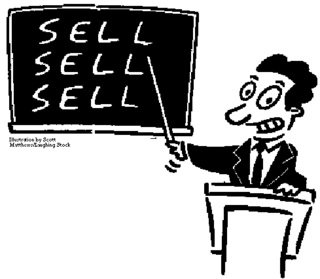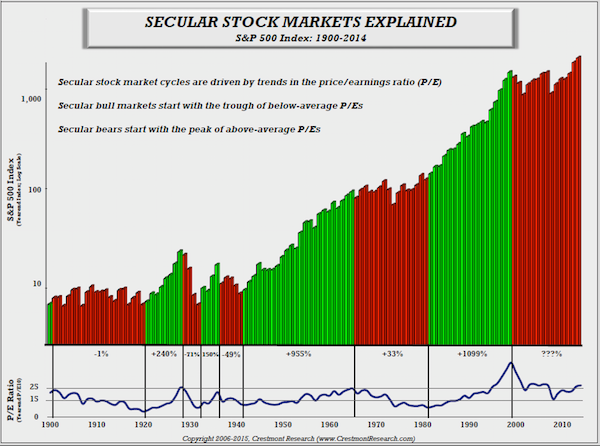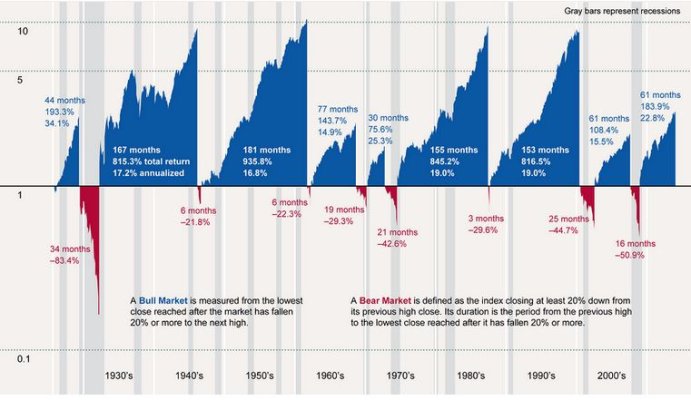NW-Bound
Give me a museum and I'll fill it. (Picasso) Give me a forum ...
- Joined
- Jul 3, 2008
- Messages
- 35,712
More output is good, but only if there's a demand for it. The world is now awash with commodities and products. Yes, there's more wealth, in the sense that everybody now has huge TVs, electronic toys galore, more food to eat to get more obese. But I do not see that the higher standard of living will guarantee higher stock prices.
PS. Developing countries still have quite a bit to go to catch up with the US and other developed countries. That's my hope, but their stock markets have been in the doldrum the last few years. Patient, patient.... Any day now... A leveraged EM ETF I own jumps more than 9% today.
PS. Developing countries still have quite a bit to go to catch up with the US and other developed countries. That's my hope, but their stock markets have been in the doldrum the last few years. Patient, patient.... Any day now... A leveraged EM ETF I own jumps more than 9% today.
Last edited:



